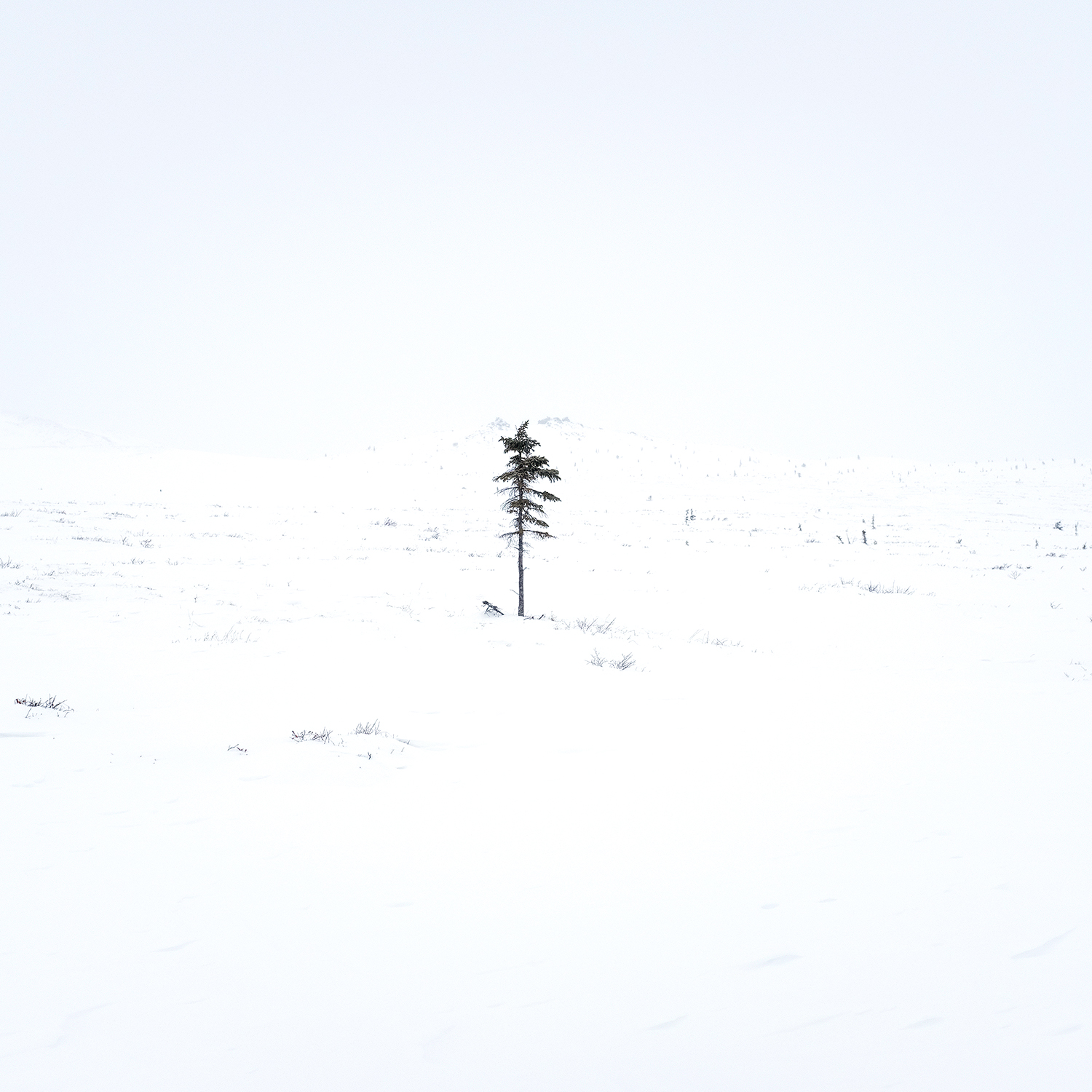Phew. This last year has been a whirlwind. I’m only realizing now that I didn’t even post on here about a quarter of the things that greatly impacted my life over the past twelve months. One of those events was hosting, organizing and chairing the Society for Photographic Education’s Northwest Conference at UAF. Over the course of eight months, my team and I designed a three-day, two-track conference with 40+ sessions and speakers, 45 hours of content including image-maker presentations, panel discussions, keynote addresses, and cultural exchanges. Centered around the theme of “Our own Voices: Culture/Identity”, many of the speakers talked about their own culture, orientation, regionalism, or gender, providing an eye-opening conference experience. We attracted over 100 attendees from across the nation, had a members-only exhibition, arranged lodging for our guests, pulled off a photo business expo with businesses from across the United States, and still had time for a soak in Chena Hot Springs, a hike to Angel Rocks, and a few gatherings at the local pub.
After showcasing my own work during a brief, 15-minute presentation, I had a fellow Alaskan confront me about the name of my landscape series, entitled “Skookum”. This gentlemen was originally from the central region of Washington and was curious about my use of the word, as he had heard it used in connection with derogatory imagery and ideas.
I was shocked. Appalled. I had done research to ensure this word had only positive connotations and was certain I was in the right in my usage of it. It was part of a dead, jargon-based trading language used in the late 1800s, used by whites. I had seen it used positively in the works of Muir, Service and London and I wanted to extend that literary connection with my own work. Beyond these feelings of confusion and dismay, I will admit that I was also mildly insulted and embarrassed, though I tried my best to keep those feelings hidden.
The intention of this local photographer wasn’t to publicly call me out, insult me or embarrass – it was to inform, discuss and learn – literally embodying the intent behind the entire conference in their careful confrontation. For five years of calling my work “Skookum”, nobody had come close to question my usage of the word, and so although my pride took a hit, I started considering what I needed to do. That night, I didn’t sleep, tossing and turning in my bed, considering that, here I was, running a conference on being culturally aware and I had transgressed in my own presentation. I considered relenting, changing the name, ignoring the complaint, consulting friends and photographers for advice, blowing it off, and how to right this wrong.
This preoccupied all my waking thoughts for days. I couldn’t act on it for several weeks, opting to only discuss the matter with my closest friends, hoping for an easy way out. No resolution was easily found.
Eventually, I realized that this wasn’t a time to easily change the name or to stubbornly ignore the concern with the word usage. In my early conversations about this issue, a professor at UAF suggested I connect with local leaders and elders and ask if there was another word in a more appropriate regional language that could be used – with permission. Yet, I had no connections. I realized that after 25 years of living in Alaska, I had done next to nothing to connect with and learn about the indigenous cultures throughout the state. I didn’t know who would be appropriate to reach out to to obtain such permission.
I started poking around, trying to connect with local Alaska Native educators in an effort to start asking those questions – how do I connect and with whom. The last couple months, I’ve had to shelve this worry because online course preparation dominated my schedule and because my attempts at outreach failed. For months, I wasn’t getting anywhere.
A recent talk with a gentle-spoken friend of mine, however, set me on the right course. They suggested who to contact, why my earlier attempts at contact may have fallen to the wayside, and encouraged me to do those uncomfortable things that had prevented action previously. Last week, I finally connected with a local linguist and, after a video chat with them, I have a dozen names to chase as I continue to research this word, some of which I already know personally. I have a list of community leaders and cultural specialists throughout Alaska now that I plan on connecting with throughout the Spring and Summer as I continue to ask the question. This path may determine that “Skookum” shouldn’t be used or that, indeed, other words exist within the cultures more closely tied to Alaska. This is, by far, the harder path – but it’s the right one.
Today, I chose to change the name of my project to “Resilient” for the time being, even though the substitute title for the project embodies a fraction of the meanings that “Skookum” does. This act is out of respect, not capitulation, as I continue to explore the usage of my favored title to ensure its use is respectful.
So what’s in a name? A lot more than you might expect.

+There are no comments
Add yours